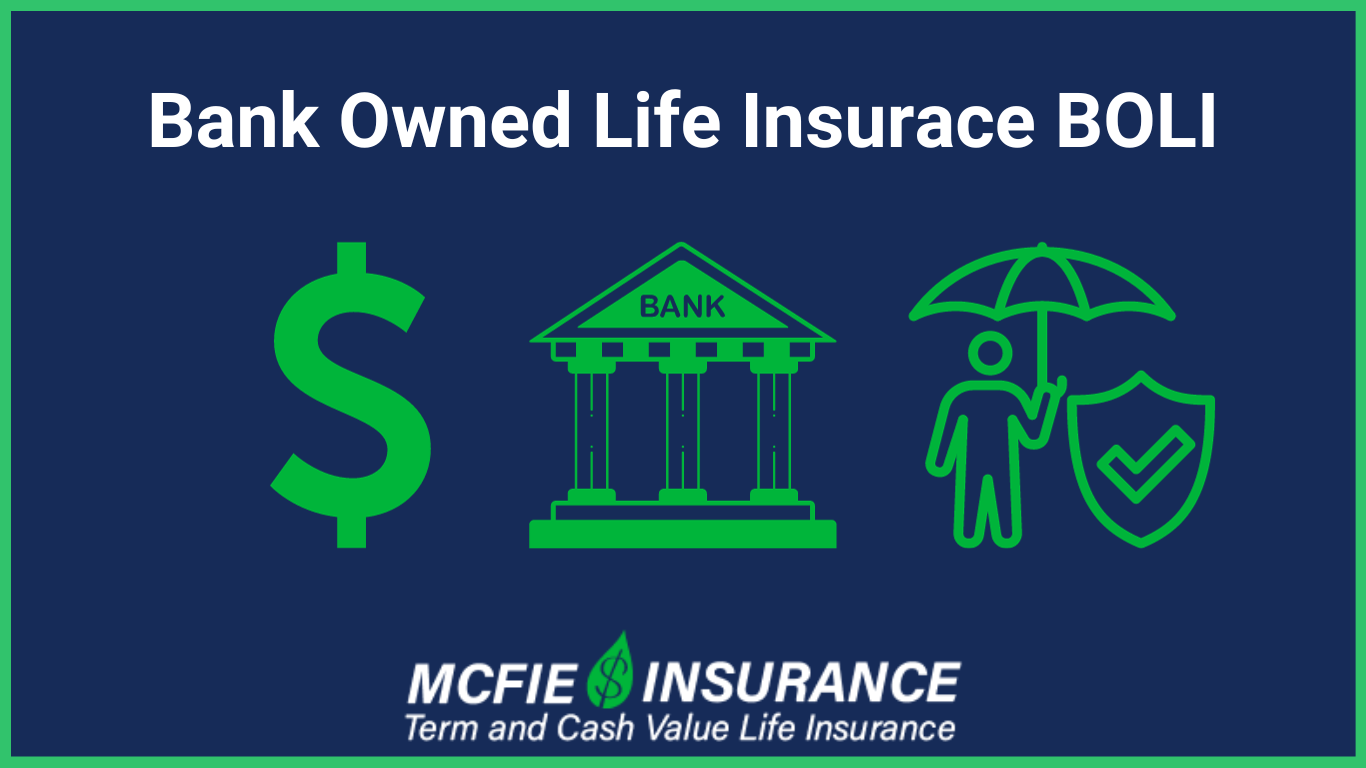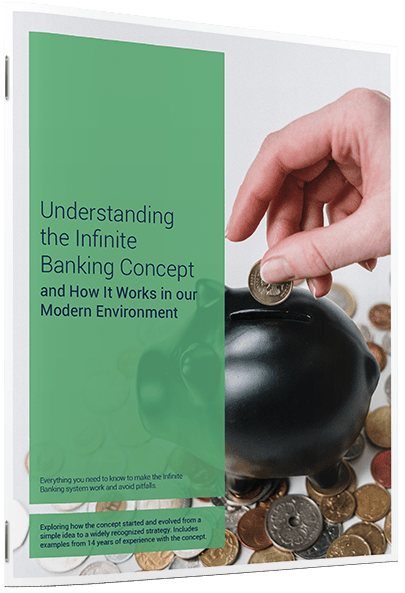702-660-7000
702-660-7000

Bank-owned life insurance (BOLI) is a unique insurance product tailored specifically for banks. With BOLI, the bank typically acts as both the policy owner and the beneficiary. This strategy allows financial institutions to capitalize on the tax-free savings provisions of the policy, which serves as financial tool to fund employee benefits effectively.
Such life insurance policies are usually reserved for the bank’s high-earning executives or influential board members. When these key individuals pass away, the benefits from the policy go to the bank. While it might seem counterintuitive, banks don’t provide BOLI policies for all their employees. Instead, they focus on those individuals whose untimely death might significantly impact the bank’s finances. BOLI does not describe life insurance that the bank may provide as a benefit to their employees.
When a bank decides to utilize BOLI, they essentially create a specialized fund called an ‘insurance trust’. They then regularly pay into this trust which acts as a financial reservoir. This policy itself is typically linked with the life of an executive within the bank.
Whenever the bank needs to provide employee benefits to those covered under the BOLI plan, the funds come directly from this insurance trust. One of the notable perks for banks is the tax-free nature of premiums paid into this trust and the subsequent growth of these funds. This tax-free framework allows banks to efficiently fund employee benefits.
The U.S. Department of the Treasury’s Office of the Comptroller of the Currency (OCC) provides guidance for the purchase of BOLI policies. They allow banks to buy such policies for various reasons, including to recover costs of offering employee benefits, insuring key personnel, and more. The OCC is also open to considering other uses of BOLI on an individual basis.
Banks have three primary BOLI options: general, hybrid, and separate accounts.
The increasing trend of BOLI integration with benefit plans for top-tier executives. More banks are exploring BOLI to balance out their employee benefit expenses.
Advantages: BOLI offers tax advantages, helps offset costs associated with employee benefits, and retains its value even if the insured employee parts ways with the bank.
Disadvantages: If a bank needs to surrender a BOLI policy, potential tax implications and penalties can arise. The creditworthiness of the BOLI insurance provider is also crucial, especially since BOLI is not a liquid asset.
Banks leverage BOLI as both a tax shelter and an effective means to finance employee benefits. The tax-free nature of the premiums and the growth of the invested capital make BOLI an attractive proposition for financial institutions.
Benefits from BOLI are typically paid upon the death of the insured executive, providing tax-free death benefits.
Bank-Owned Life Insurance, as the name suggests, is a specialized insurance product tailored exclusively for banks and large corporations. As a result, the general public, including individual consumers, cannot access or purchase BOLI for their own or family’s financial planning. BOLI is strategically designed to meet the unique needs of banks, primarily to fund employee benefit plans and to secure tax advantages.
This doesn’t mean individuals are left without life insurance options. A plethora of life insurance products exist in the market, each tailored to suit the specific needs of individuals and families. From term life insurance, which offers protection for a specific number of years, to whole life insurance, which provides lifelong coverage and builds cash value, there are a myriad of choices available. It’s essential for individuals to consult with financial advisors or insurance agents to understand which policy best aligns with their financial goals and protection needs.
The presence of BOLI in the market is expanding steadily, a testament to its growing importance in the banking sector. As of June 30, 2023, the collective cash surrender value of BOLI policies held by banks reached an impressive $202.4 billion, as reported to the FDIC. This significant figure underscores the critical role BOLI plays in bank finance strategies and risk management.
Several reasons contribute to this uptick in BOLI adoption among banks:
With these benefits and the continued growth of the banking sector, BOLI’s market presence is poised to expand even further. It’s worth noting that while BOLI plays a vital role in a bank’s strategy, it also demands careful management to ensure compliance with regulations and to maximize its advantages.

Understanding the Infinite Banking Concept and How It Works In Our Modern Environment 31-page eBook from McFie Insurance Order here>
The increasing adoption of BOLI by banks is a testament to its efficacy as a tax shelter and a funding tool for employee benefits. By safeguarding the interests of high-value employees and board members, banks can utilize the policy’s proceeds to offset benefit schemes. BOLI offers a competitive edge to banks in the realm of employee benefits, ensuring both the institution’s and its employees’ welfare, provided the chosen insurer upholds robust credit standards.
If you would like to learn more about BOLI reach out to the team at McFie Insurance to help you better understand how to use life insurance as an asset.
 Ben T. McFie
Ben T. McFie
There's a lot of confusion around finance; there's so much to know and it's frustrating when you don't know enough to make the best financial decisions. I like to bring clarity to financial matters so people can make good financial decisions that will help them live wealthier more fulfilling lives.